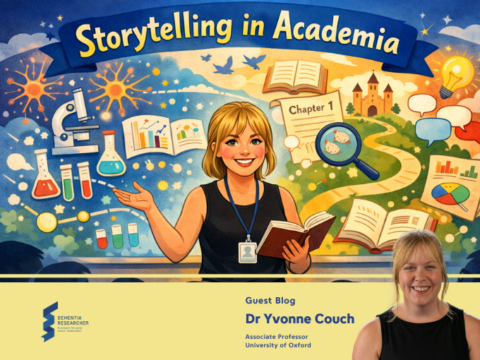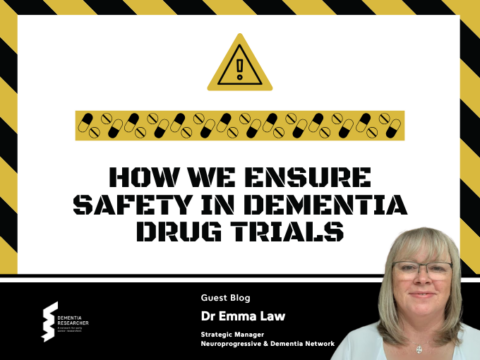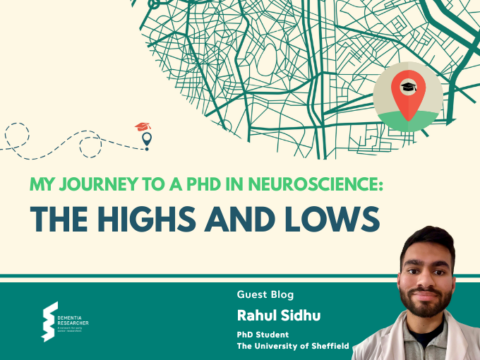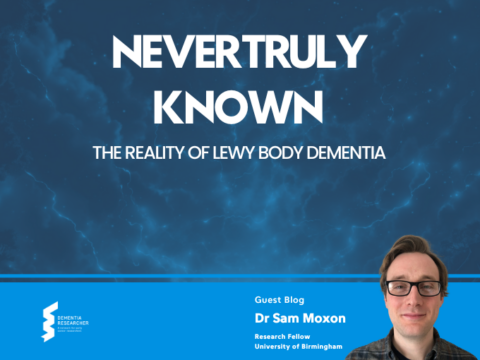I have written and submitted my first grant application. Well… kind of. The first stage only required 1-2 page outlines, brief costings, and abstracts. But nevertheless, this is a big milestone in academia, one that is statistically likely to result in failure. In this blog, I describe how I went about writing my first grant application and some tips to help overcome some common challenges.
Let’s begin with a disclaimer. This technically wasn’t my first grant application. I have previously been successful in applying for small grants (up to £800) for conference travel to Europe and the USA. Last year, I was also successful in obtaining an equipment grant for specialist pathology software and hardware to use in my research (~£25k). But none of these grant schemes were to fund my actual research. I have only ever submitted one grant application for a research project (ok, one I can remember the details of). When I was in the final months of my PhD several years ago, I applied for a fellowship that was unsuccessful. On reflection, I was far too early stage for that scheme, and I remember at the time not being sure about a future in academia so didn’t feel too bad that I didn’t get it.
So, in fact, I haven’t just written and submitted my first grant application because it was neither a full application nor my first. However, as you’ll know from a previous blog post, I have recently become a new lecturer which means I now have to think like a PI and write research grants. This particular grant was the first major project grant scheme I had applied to as a PI. By the time you read this, I will have found out whether the grant was rejected or has been sent through to the next round. Success rates vary for different funders and schemes, but roughly only 10-20% of grants are successfully funded, which is why I’m preparing myself for rejection. I strongly believe in the concept of my project and that it is something worth funding, but what I am less confident about is whether I have written a good enough application capable of convincing the reviewers and the board of my ideas. This is known as ‘grantsmanship’, i.e., having the skills to write grants that can obtain funding. Whilst I may believe I have a research project worth funding, it might only be once I have refined my grantsmanship skills that it will ever get funded (if at all!).

At the US National Institutes of Health, the aggregate success rate for research grants was 20.5% in 2017
So what was it like, writing my first project grant application? Firstly, it is worth noting that there are significant challenges to writing a grant application when you have moved institutions. You have no idea who are the right people in the research support office to speak to, what are the processes and procedures at the university, faculty, and department level, and what is your proposed project even going to be anyway, when you don’t even have a lab set up?! Staying within the same department or university can be a huge advantage because you know who to contact for support, and already have an established set up for your research (even if it is initially piggy backing from your previous PI). As I have moved institutions I couldn’t rely on these things. I had decided that my first project grant application was going to focus on developing something I had already started because that meant a lot of the groundwork had been done, and pilot data collected. Starting a project grant application from scratch would probably take 12-18 months until I was able to submit a competitive application. So herein lies my first tip: If you are transitioning from a postdoc position to a lectureship which involves research in addition to teaching (i.e., not a lectureship on a teaching exclusive contract) there can be somewhat of a cliff edge during the period of moving from working on your PI’s project, to now having to generate and find funding for your own projects. This cliff edge can be mitigated to a degree by maintaining good connections with your previous lab(s) to build collaborations. It can significantly help if you can use any of your data from previous projects to go towards supporting grant applications with your collaborators. This approach is, of course, dependent on having a previous PI who is willing to support and collaborate with you as you transition to independence. I’ve been lucky that previous PIs who I’ve worked with have continued to mentor me throughout my career, and we’re continuing to find ways of collaborating.
The next step was to decide on which scheme to apply for. I looked at several schemes in terms of their remit, budget, and deadlines before settling on which I thought my project was most suitable and within a timeframe which I felt I could realistically produce a strong application. Funders typically provide applicant guides which contain essential information on what content is required for each of their schemes, but also important details which can be easily overlooked, such as the font and formatting requirements for each document which need to be uploaded. So here is my second tip: Once you have decided which funding scheme you want to apply to, familiarise yourself with the applicant guide as soon as possible so you know exactly what you need to start preparing.
Once I decided which scheme I was going to apply for and the timeframe I was working within, the next two steps progressed in parallel.
I needed to pull together a team of researchers and clinicians who would be co-applicants on the grant and provide expertise for specific aspects of the project. It was also essential for me to inform my department and university research support office of my intention to submit the grant application, so they could work with me on generating details which were required, such as costings. I approached two researchers who I had previously worked with on what the foundation of the proposed project would be. But as the project would require neuropsychological testing of people with dementia, we would require clinical support. Luckily, I have friends who are clinical psychologists and were able to put me in touch with the research leads at two local NHS Trusts. They identified clinical psychologists working in memory clinics diagnosing dementia, who would be interested in joining the project. As the project quickly grew to covering two universities and two NHS sites, the research support office at my university became essential in helping me co-ordinate all the pieces of information required from each site and explaining to me what certain terms meant. So here is my final tip: Work closely with your research support office and don’t be afraid to ask them to explain things you don’t understand. The process of applying for grants, especially when more than one institution or site is involved, can be very complicated and there are many unfamiliar terms which are used that can be very confusing. My research funding officer has been fantastic and has helped me particularly with pulling together all the costings which can be one of the most challenging things. The important thing is to begin the conversation with the research support office as soon as possible to give everyone enough time to pull everything together. My grant application had to go through internal approval, so I essentially had to complete it a week before the actual deadline. I wouldn’t have known this unless my funding officer had told me.
Transitioning to research independence can be daunting, whether you’re applying for a fellowship or if you’ve become a new lecturer. Try to build a network around you consisting of researchers you can work with, and university/department support staff who will have answers to the many questions you will inevitably have. Once that first application is submitted, expect the worst but hope for the best. But above all remember that everything which has been learnt from the process will make the next application stronger.
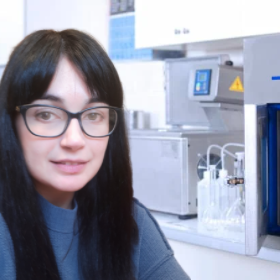
Dr Kamar Ameen-Ali
Author
Dr Kamar Ameen-Ali is a Lecturer in Biomedical Science at Teesside University & Affiliate Researcher at Glasgow University. In addition to teaching, Kamar is exploring how neuroinflammation following traumatic brain injury contributes to the progression of neurodegenerative diseases that lead to dementia. Having first pursued a career as an NHS Psychologist, Kamar went back to University in Durham to look at rodent behavioural tasks to completed her PhD, and then worked as a regional Programme Manager for NC3Rs.

 Print This Post
Print This Post

